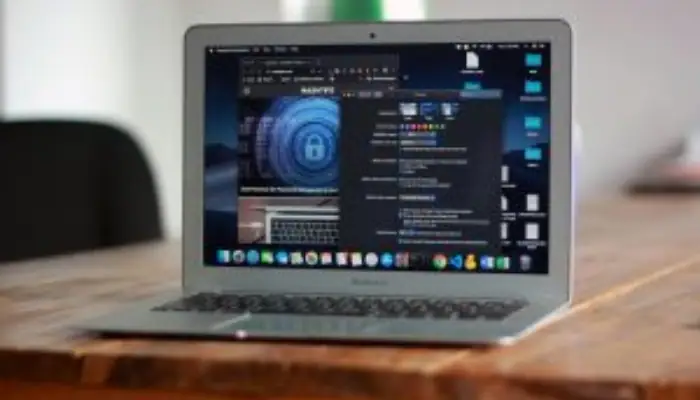
We’ve all done it, used the same password for multiple sites, written it on a sticky note, or gone with something like “Password123.” But in 2025, weak or reused passwords are still one of the easiest ways hackers break into accounts.
So how do you create a password that’s both unbreakable and easy to remember?
Let’s break it down.
Why weak passwords still matter
Hackers don’t guess passwords manually. They use advanced tools that try millions of combinations per second. If your password is:
-
Short (under 10 characters)
-
Common (like “qwerty” or “admin”)
-
Reused across accounts
…you’re an easy target.
What’s worse, once they crack one account, cybercriminals often attempt credential stuffing, using the same password to try and log in to your email, banking, or social media
What makes a password strong in 2025?
To outsmart modern threats, your password should be:
At least 12 characters long
Random (not based on real words)
Unique for every account
A mix of uppercase, lowercase, numbers, and symbols
Bad example: Summer2025
Good example: r!X9p#zGmL3$vTq
But memorizing a string like that sounds impossible, right?
Use a password manager: Your digital vault
A password manager stores all your logins securely,so you only have to remember one master password.
Here are top tools for 2025:
-
Bitwarden : Open-source and reliable
-
1Password : User-friendly, syncs across devices
-
NordPass : Excellent security and biometric login
With these tools, you can generate and store unique, strong passwords for every account.
Worried about data privacy? We cover it in Data Privacy in 2025: What You Should Know (and Do).
Prefer to memorize? Try a passphrase
If you don’t trust password managers (yet), create a passphrase, a string of random, unrelated words and symbols.
Example:Rocket$Grass-PurpleBanana_91
It’s easy to remember but hard to crack.
Pro Tip: Avoid using quotes, lyrics, or famous phrases. They’re easier to guess than you think.
Add a second lock: 2FA is a must
No matter how strong your password is, it can be exposed in a data breach. That’s where Two-Factor Authentication (2FA) comes in.
Popular 2FA methods in 2025:
-
Authenticator apps (Google Authenticator, Authy)
-
Biometric authentication (Face ID, fingerprint)
-
Hardware keys (YubiKey)
Pro tip: Avoid SMS codes,they’re vulnerable to SIM-swapping.
If you’ve already been part of a breach, here’s what to do after a data breach: A 5-step emergency guide.
Mistakes to avoid when creating passwords
Using predictable patterns like Name123!
Reusing the same password across multiple platforms
Storing passwords in unencrypted notes or browsers
Sharing passwords via email or text
One breach can open the door to your entire digital life. Strengthen your habits with our guide: Mastering Safe Internet Habits: Your Guide to a Secure Online Life.
Bonus: Take advantage of built-in tools
Most devices today come with built-in tools for managing security:
-
Apple Keychain (macOS, iOS)
-
Google Password Manager (Chrome, Android)
-
Security Checkups that flag compromised logins
Enable alerts and breach warnings to keep your credentials fresh and safe.
Why this matters, Especially for families
Kids and teens often use weak passwords on gaming accounts, social apps, or school platforms. Teaching them how to stay secure starts with the basics.
Conclusion:
In 2025, your password is still the first line of defense, even with all the talk about biometrics and passkeys.
A strong password, backed by 2FA and a secure password manager, makes it nearly impossible for hackers to break in.
Top antivirus programs help you stay ahead of threats.
Ready to lock down your digital life?
Start with your most sensitive accounts: email, banking, and cloud storage.
Use a password manager, turn on 2FA, and never reuse a password again.
You’ve got this.




